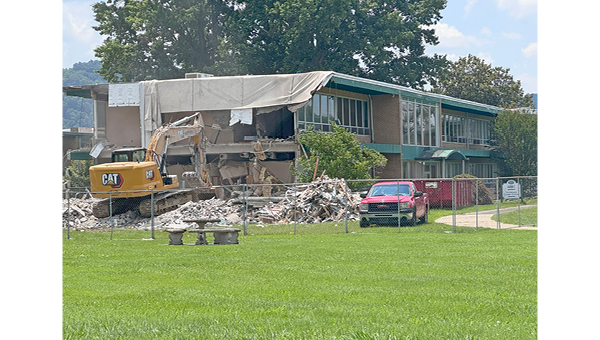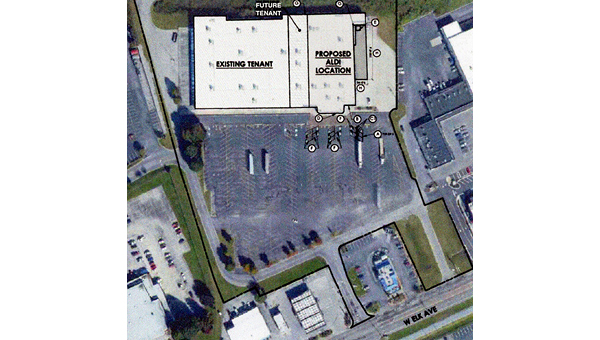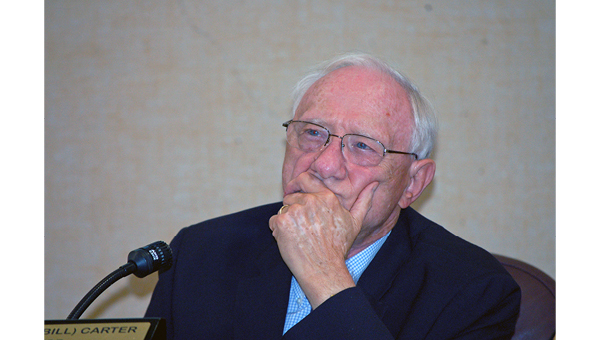Tri-Cities Civil War Round Table will meet Sept. 9
Published 9:58 am Wednesday, August 28, 2024
|
Getting your Trinity Audio player ready...
|
The Tri-Cities Civil War Round Table will host a presentation relating to the Civil War and Reconstruction by Dr. Melanie Storie on Monday, Sept. 9, at 7 p.m. in Room 219 of the Eastman Employee Center, 400 S. Wilcox Drive, Kingsport.
Dr. Storie’s program is titled “Mountains Turned to Sepulchers: Guerilla War in East Tennessee.”
In June 1861, despite their best efforts, East Tennessee Unionists lost the referendum vote on secession, and their state joined the Confederacy. Strategically, East Tennessee was central to the success of the Confederacy. The East Tennessee & Virginia (ET&V) and East Tennessee & Georgia (ET&G) rail lines linked upper and lower regions of the Confederacy making the railroad vital. Additionally, the fertile valley yielded essential resources in livestock, wheat, and corn which were needed to support the Confederate army. Living behind enemy lines, Unionists were determined to hinder the Confederate war effort. As such, plans were made against the railroad, and Unionist saboteurs targeted nine key bridges. In a coordinated attack on Nov. 8, 1861, five of nine bridges were burned. However, without the support of the Union army, the situation turned deadly, and Confederate authorities soon retaliated.
Trending
The war in the mountains disintegrated into a personal and brutal guerrilla conflict, tearing communities apart and pitting neighbors and families against one another. Confederate home guardsmen patrolled the region, burning and looting homes and farms of suspected Unionists. Many fled into the mountains to hide while others made their way through enemy lines into Kentucky to join the Union army. Despite the challenges, East Tennessee Unionists remained resolute in their loyalty to the United States government. Tennessee senator Andrew Johnson best expressed this allegiance when he declared, “They may burn our houses, sack our fields, convert our plains into graveyards, and our mountains into sepulchers, but never – no, never, can they eradicate our affection for the Government of our fathers.”
Dr. Storie is a lecturer in the Department of History at East Tennessee State University. She is an American historian and author.





